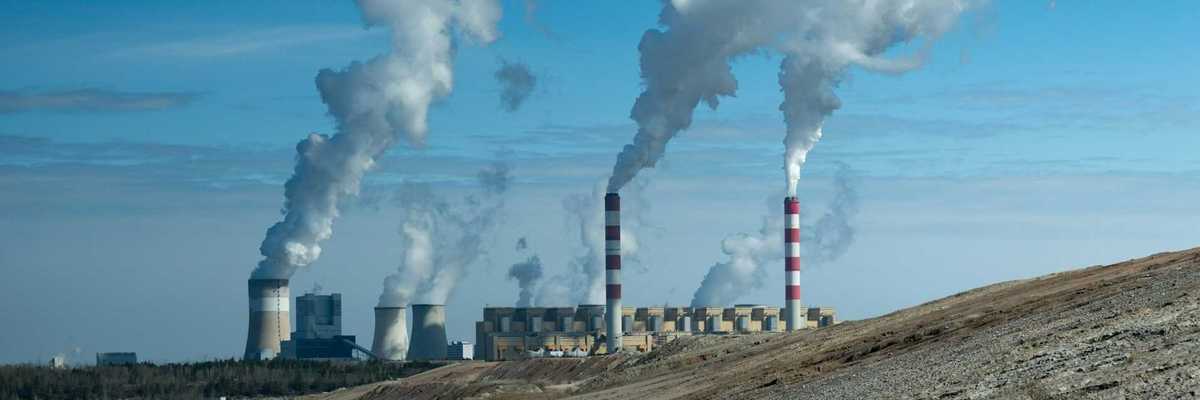birth outcomes
Climate change escalates malaria risk for pregnant women in highlands
Rising temperatures are pushing malaria-carrying mosquitoes to higher altitudes, posing a lethal threat to pregnant women in previously unaffected regions.
In short:
- Papua New Guinea's highlands are seeing an increase in malaria cases as mosquitoes move to higher elevations due to climate change.
- Pregnant women in these regions are particularly vulnerable, with severe malaria increasing the risk of maternal and fetal complications.
- The upward shift of malaria mosquitoes threatens to reverse global progress in malaria control.
Key quote:
"When malaria hits new populations that are naive, you tend to get these explosive epidemics that are severe because people don’t have any existing immunity."
— Sadie Ryan, associate professor of medical geography at the University of Florida.
Why this matters:
Climate change is expanding the range of malaria, endangering pregnant women in highland areas who lack immunity. This trend emphasizes a need for enhanced malaria control measures and healthcare access in vulnerable regions. Read more: Coronavirus, climate change, and the environment.
Heat waves aren’t just getting hotter—they’re stickier too
A Pennsylvania study suggests links between fracking and asthma, lymphoma in children
Extreme heat threatens the health of unborn babies
A Wisconsin town tried to stop factory farm pollution. Then got sued.
Tiny soot particles from fossil fuel combustion kill thousands annually. Activists now want Biden to impose tougher standards
The soot, known as PM 2.5, has been linked to cardiac arrest, asthma attacks and “premature deaths” from a range of cardiovascular and breathing disorders.









